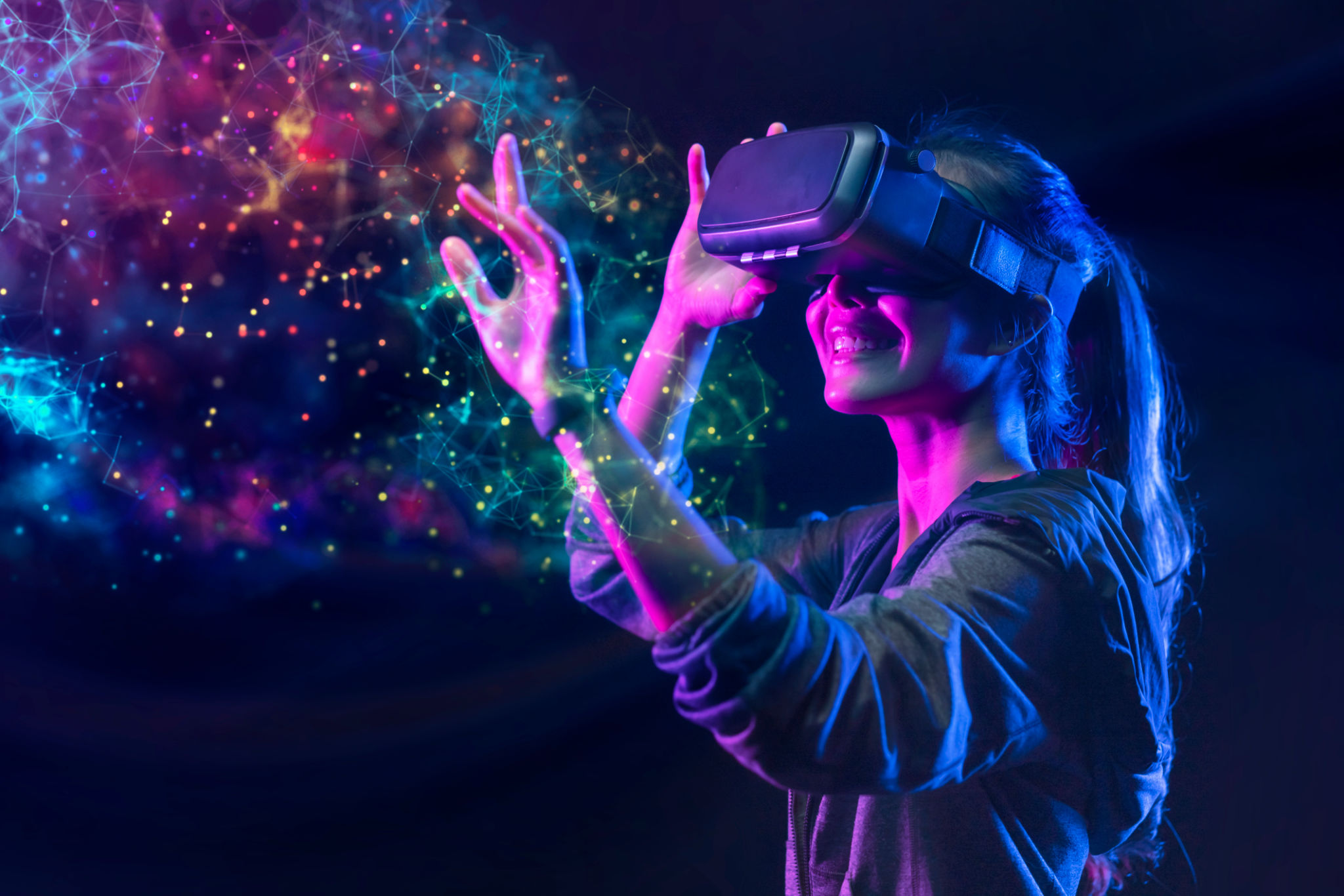From Script to Screen: AI in Cinematographic Creativity
Revolutionizing Storytelling: The Role of AI
The film industry has always been at the forefront of technological innovation, continuously evolving to captivate audiences with breathtaking visuals and compelling narratives. Today, the advent of artificial intelligence (AI) is pushing the boundaries of cinematographic creativity, transforming the way films are conceptualized, produced, and experienced. From scriptwriting to special effects, AI is becoming an integral part of the filmmaking process.
AI's influence begins with scriptwriting, where algorithms can analyze thousands of scripts to identify successful plot structures and character arcs. This allows writers to craft more engaging and original stories. Additionally, AI tools can assist in generating dialogue and even suggest plot twists that align with audience preferences, offering filmmakers a new avenue for creative exploration.

AI-Powered Visual Effects
Visual effects (VFX) are another area where AI is making a significant impact. Traditionally, creating realistic VFX required extensive manual labor and time-consuming processes. However, AI-driven software can now automate many of these tasks, enhancing efficiency while maintaining high-quality outcomes. Machine learning models can generate lifelike textures, simulate natural phenomena, and even animate characters without the need for motion capture suits.
This technological advancement not only reduces production time but also lowers costs, allowing filmmakers to allocate resources to other creative aspects. By streamlining the VFX process, AI empowers directors and producers to push the limits of their imagination, bringing fantastical worlds and creatures to life with unprecedented realism.

Enhancing Viewer Experience
AI's role extends beyond production to enhance the viewer experience. Personalized content recommendations powered by AI algorithms ensure that audiences discover films tailored to their tastes. Streaming platforms utilize machine learning to analyze viewing habits and suggest movies that align with individual preferences, thereby increasing viewer engagement and satisfaction.
Moreover, AI-driven technologies such as virtual reality (VR) and augmented reality (AR) are offering immersive cinematic experiences. These technologies allow audiences to become active participants in the story, blurring the lines between reality and fiction. As AI continues to evolve, filmmakers are presented with new opportunities to create interactive narratives that captivate audiences in innovative ways.

Challenges and Ethical Considerations
While AI presents numerous benefits for cinematographic creativity, it also poses challenges and ethical considerations. The automation of creative processes raises questions about the role of human artistry in filmmaking. Ensuring that AI complements rather than replaces human creativity is crucial for maintaining the integrity of artistic expression.
Furthermore, as AI becomes more integrated into filmmaking, concerns about data privacy and algorithmic bias must be addressed. Filmmakers and industry stakeholders need to establish ethical guidelines for AI usage to ensure that these technologies are used responsibly and inclusively.
The Future of AI in Cinema
Looking ahead, the potential for AI in cinema is boundless. As technology continues to advance, filmmakers will have access to even more sophisticated tools for storytelling and production. The fusion of human creativity and machine intelligence promises to revolutionize the film industry, paving the way for a new era of cinematic innovation.
In embracing AI, filmmakers are not only enhancing their craft but also redefining what is possible in the world of cinema. From script to screen, AI is poised to become an indispensable partner in the creative journey, inspiring new narratives and reshaping the future of filmmaking.